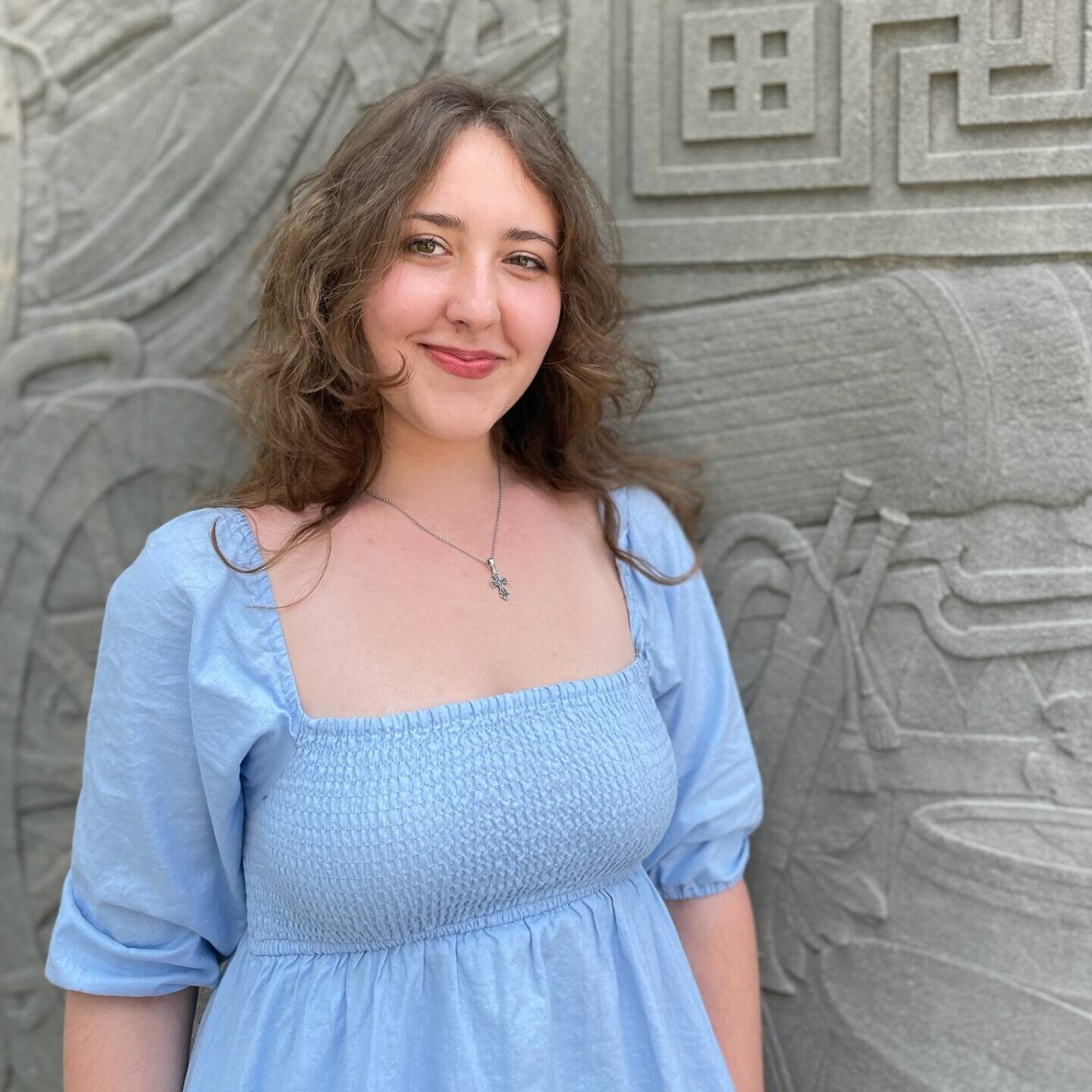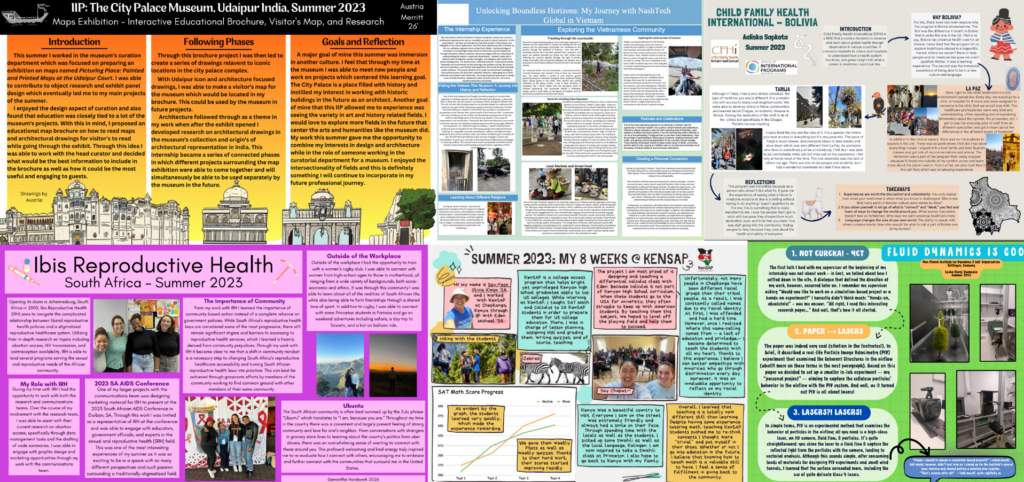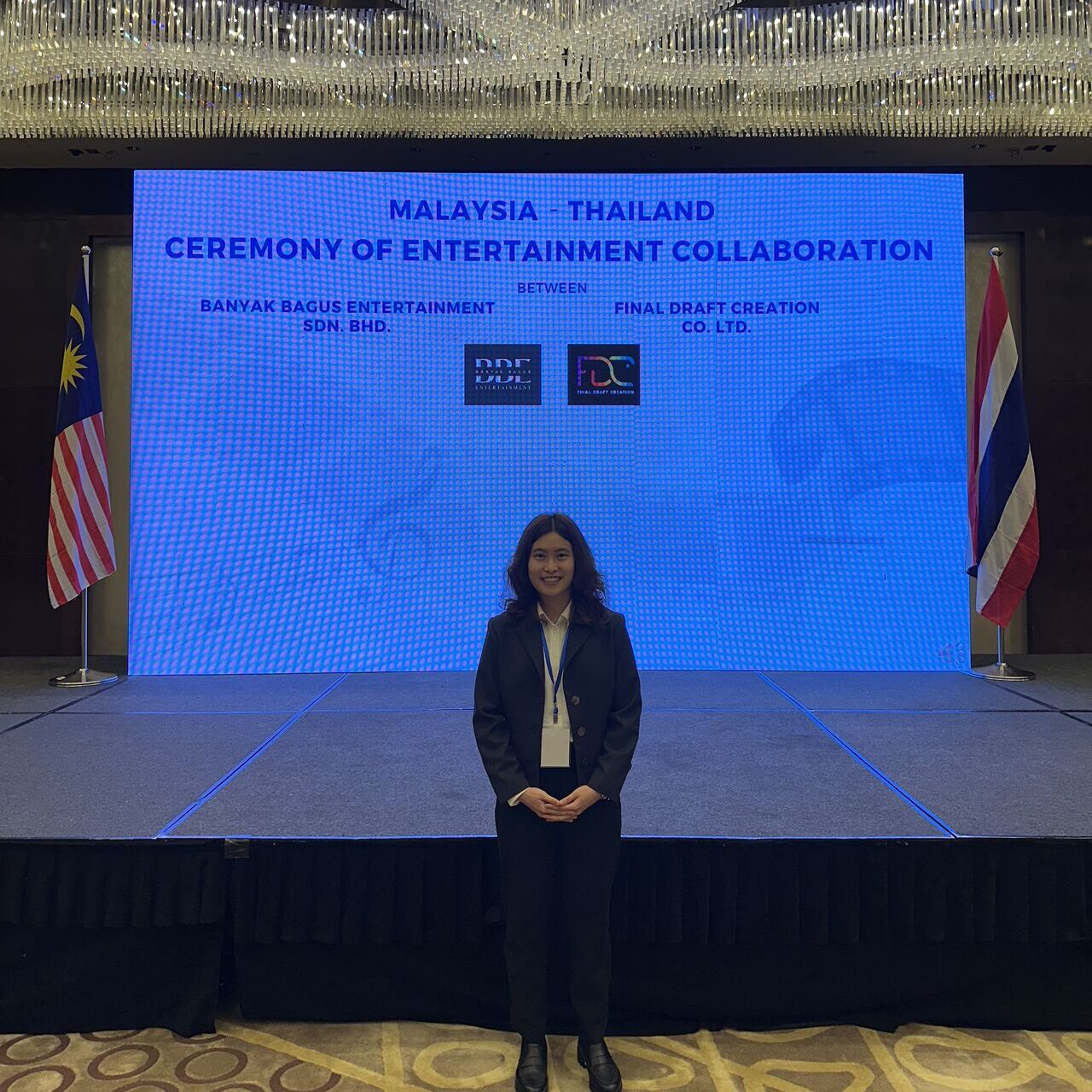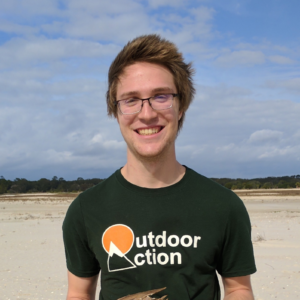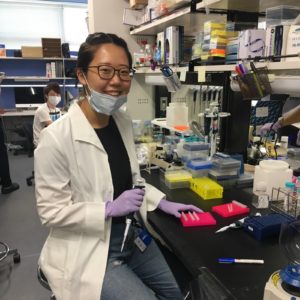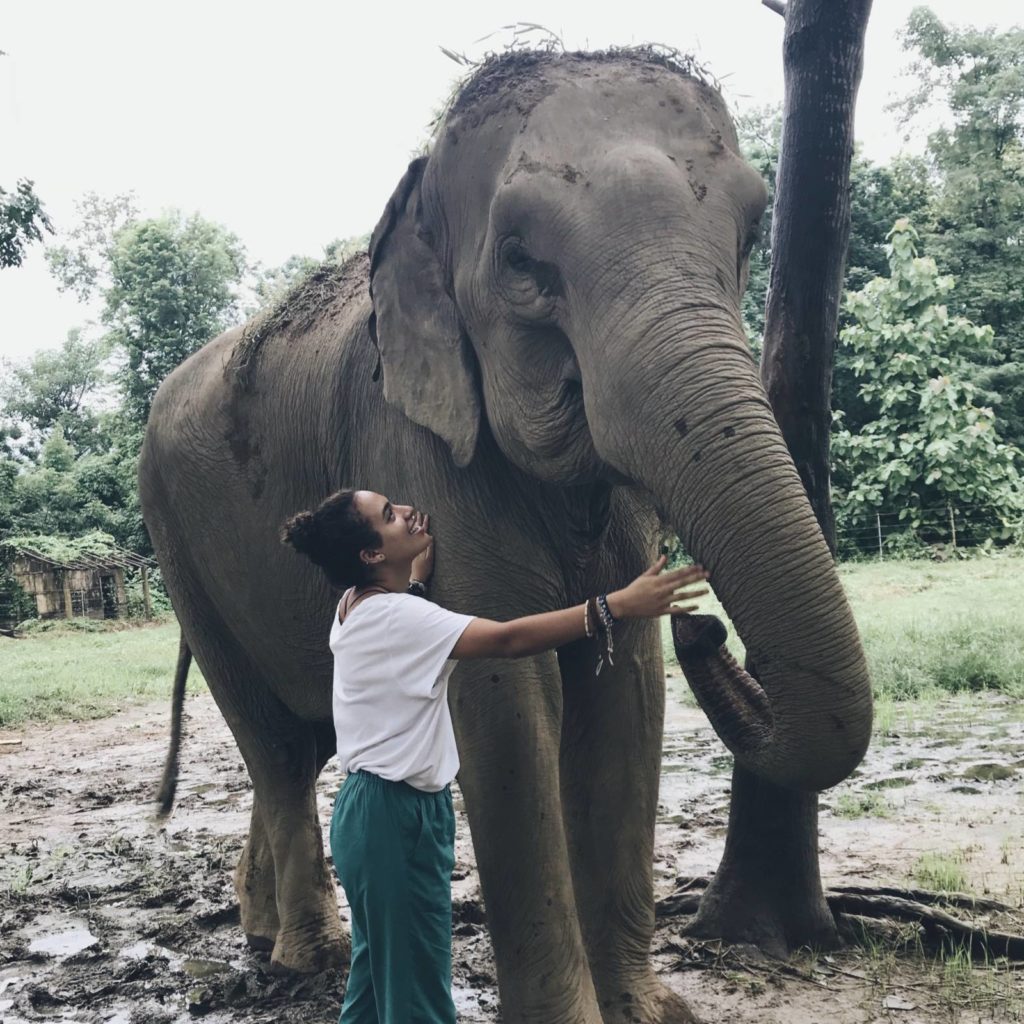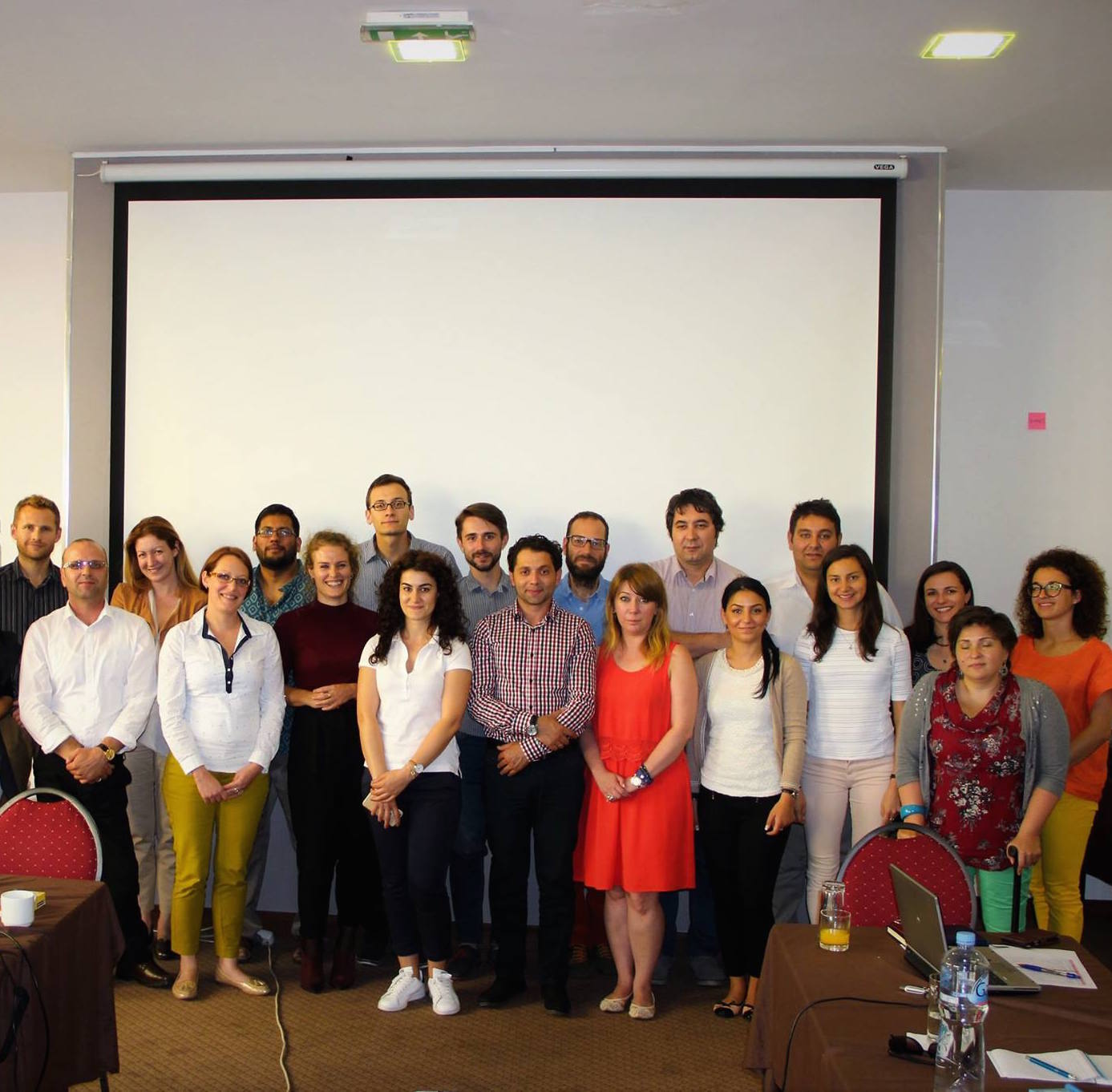There’s no doubt that the summer is one of the most promising times to experiment with your research interests, and the International Internship Program (IIP) can provide awesome opportunities for Princeton students to explore those curiosities. From creating theoretical frameworks to engaging with lab-based experimentation, there’s a wide range of ways to explore research through the summer program.
I had the pleasure of sitting down with Katya Grygorenko (‘27), who spent her summer doing research on artificial intelligence (AI) for the Center for the Study of Democracy (CSD), a public policy institute based in Sofia, Bulgaria. The rise of Large Language Learning Models (LLMs) like OpenAI’s ChatGPT and other AI systems has inspired uncertainty, and even fear. The idea of a “black box where people don’t really know what’s going on”, as Grygorenko put it, can feel daunting to think about. But the idea of tackling the ethical challenges of implementing these complex digital systems didn’t scare Grygorenko at all— it excited her.
Continue reading Who Guides the Guardrails?
